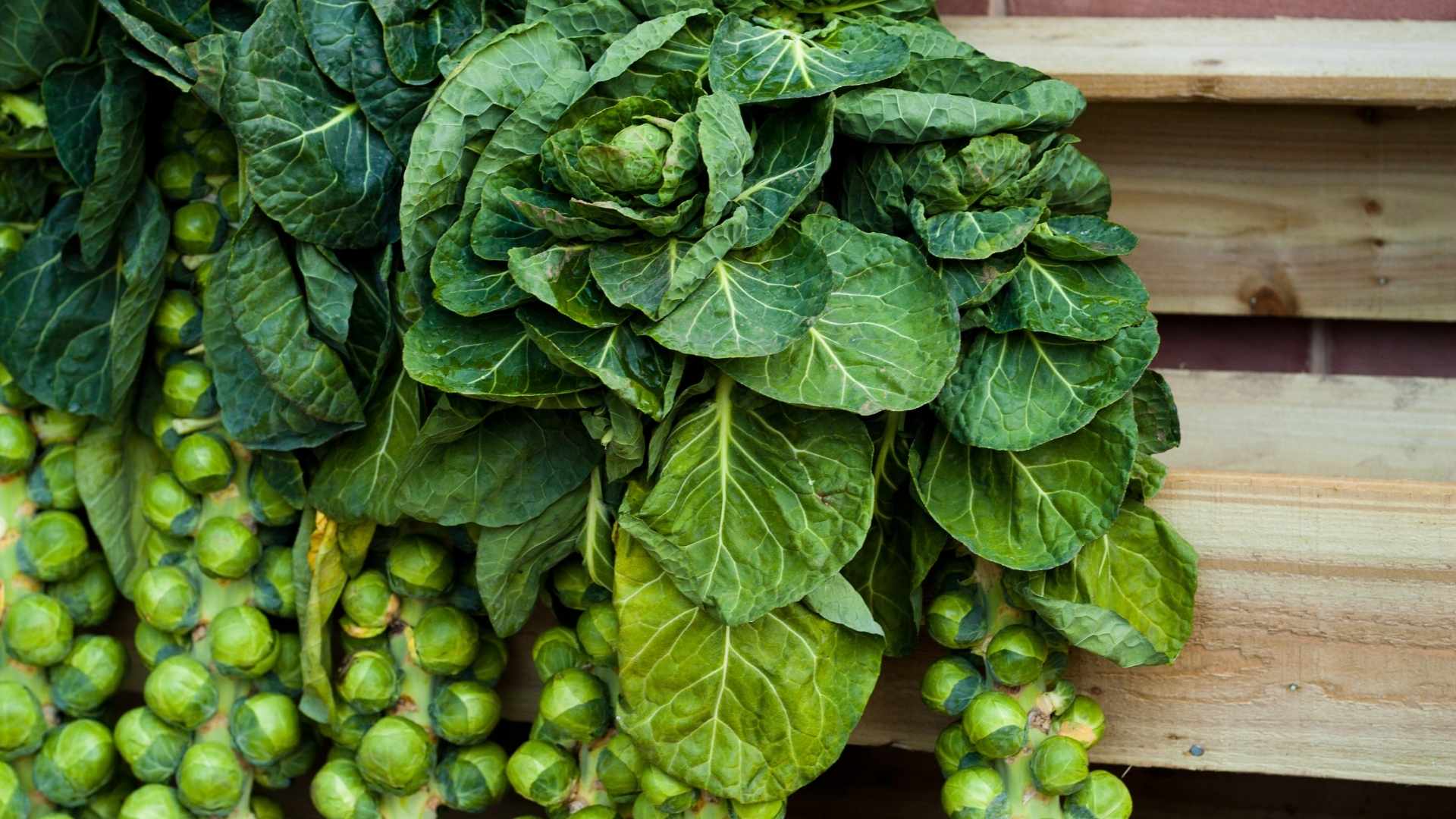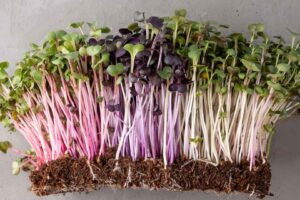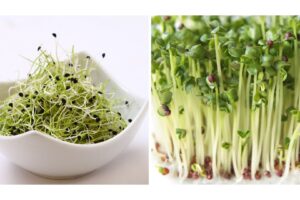
Brussels Sprouts In a Nutshell
Brussels sprouts are in the cruciferous family and are a winter vegetable with a storehouse of vitamins and minerals. Although it tastes and smells like miniature cabbage, its benefits are different. Although its homeland is unknown, it is known that it spread from Belgium in the 13th century. Brussels sprouts, which have been in the kitchens of European countries for a long time, have just begun to take their place in our country. Vegetables such as Brussels sprouts, broccoli, and red cabbage have high antioxidant activity due to their vitamin C content. It is divided into small and large heads. It is similar to cabbage in seedling, and grows up to 60-90 cm. The buds that emerge on the trunk turn into spikes and reach the size of a large walnut.
Brussels Sprouts Season and Growing Conditions
Brussels sprouts season is winter, although they have become available all seasons, frozen or fresh. It should be planted in early spring and autumn. It can be grown in places with a temperature of 15-18 degrees Celsius, some species are also known to be resistant to -10 degrees. In order for the seed to develop significantly, soil must contain abundant minerals and moderate nitrogen. Planting is done in June and July. It is ready for harvest 80-140 days after planting.
There are 2 ways to grow Brussels sprouts at home, on the balcony, on the terrace. One is to obtain the seeds from a reliable place, and the other is to soak the Brussels sprouts in water. In the process of growing Brussels sprouts, this vegetable, like any plant, needs good soil. Do not forget to moisten and fertilize the soil in the pot when you buy it as a seed. Place the seeds slightly below the soil and pour the life water. For the propagation method, pluck the lower leaves of the Brussels sprouts at home and soak them in water and you will see that they are rooted after 1 week and 10 days.
When to Buy the Cheapest Brussels Sprouts
Brussels sprouts are harvested in September-October, so winter is the period when they can be found the most. Since there is not much cultivation in Turkey, the label price may be higher than other vegetables. Don’t forget to buy and consume Brussels sprouts without missing the months of December, January and February.
Benefits of Brussels Sprouts
Even those who do not like Brussels sprouts may change their minds after hearing about its benefits.
- Just one cup of Brussels sprouts is enough for the daily essential vitamin C that the body needs.
- If you have an infection-prone body for cold weather, try to consume it once a week.
- It contains vitamin K, which strengthens the bones of children in the developmental age.
- It prevents osteoporosis and calcification in advanced ages.
- It contains folic acid. Vegetables containing folic acid during pregnancy are good food for mother and baby.
- Vitamins A and C are effective for people who have difficulty concentrating.
- Since it also has a detox effect, it cleans harmful bacteria and intestines.
- It also prevents the spread of cancer cells in the body due to the presence of antioxidants.
- It has almost no calories (about 45 calories per 100 grams).
- Excessive consumption should also be avoided, because it is stated that when consumed too much, it can cause the thyroid glands to work slowly.
How to Consume Brussels Sprouts
It can be made into soup or baked or boiled and served as an accompaniment to meat and chicken dishes. You can also boil it and consume it by pouring only olive oil and lemon on it. If you put it in the oven with bechamel sauce, you will take its taste to another place. Vegans and vegetarians can cook baby potatoes and Brussels sprouts with spices and enjoy them. If the Brussels sprouts have a bitter taste, soak them in water for 20 minutes before cooking. Since it is very likely to cause bloating when consumed raw, it would be more appropriate to consume it by steaming or exposing it to heat.
 English
English Türkçe
Türkçe


